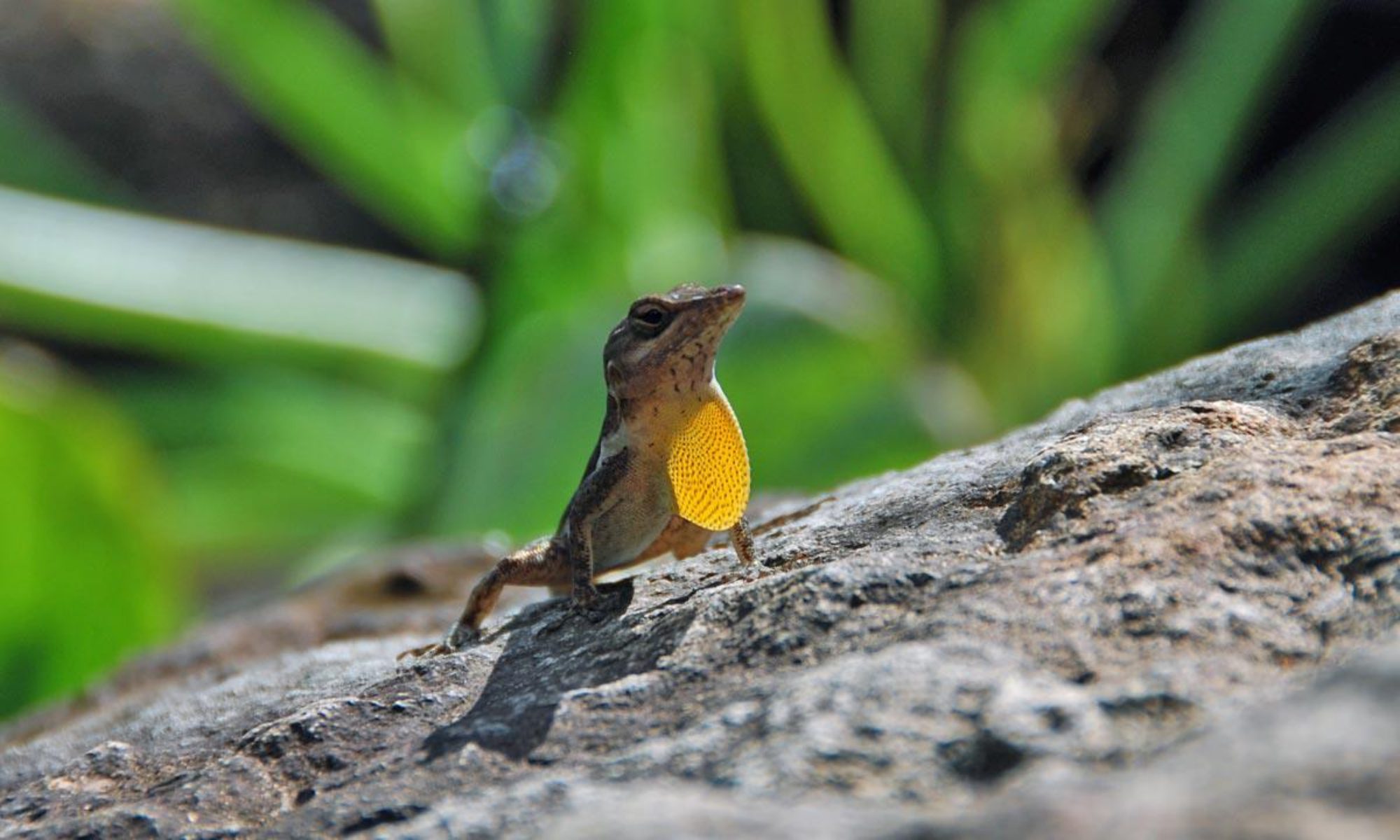Two types of Arugula (also known as rocket, rucola, roquette) grow very easily in the Caribbean. Both are pungently peppery, especially when the weather is hot and dry. They make a fine addition to salads, avocado, and cooked dishes. While both are members of the Brassicaceae (mustard) family and require similar growing conditions, there are some differences that might help you choose one over the other. Both are ready to begin harvesting within a month.

Wild Arugula
(Diplotaxis tenuifolia)
Wild arugula is a nutritional powerhouse packed with fiber and anti-oxidants. It grows easily and flowers prolifically. The leaves can be eaten once it goes to seed, but it is in its prime while the leaves are young and tender.

Wild arugula grown in a thick mat up to 2 feet tall, with slender flower stalks that are a favorite of bees. Iguana, monkeys, and bugs tend to stay away, and its thick mat-like growth deters weeds.
It can handle a reasonably dry period, but this will make the leaves more fibrous and peppery.
Twice a year, in butterfly season, caterpillars can be an issue, but they seem to prefer the maturing flower stalks over the young leaves. By the time they arrive, the plant has usually distributed enough seeds for the next generation.

You can harvest individual leaves at any time, or cut the plant back heavily and pick the leaves of the main stem.
Wild arugula thrived in my garden after Irma. It grew quietly, unattended, while our minds and energy were elsewhere, providing pollen for the bees.
Salad Arugula
(Eruca sativa or E. vesicaria)
Salad Arugula has a broader, larger leaf and white flowers. When it bolts (flowers and goes to seed) the leaves can get hairy and unpalatable. It takes longer to bolt in the wet months compared to its wild cousin, but if left unattended in dry months the crop can be lost. The more you harvest, the more it grows.
Salad arugula usually needs to be planted year after year, and the white flowers do not attract as many bees. It can fall prey to white-fly.
* Disclaimer: This post contains affiliate links to products we have tried and tested ourselves. We may be compensated (at no cost to you) should you decide to buy online. However, for our St Maarten / St Martin visitors we encourage you to shop locally, and every effort has been made to provide a local source. Please let us know if you want to be included!


Awesome. Absolutely love it.